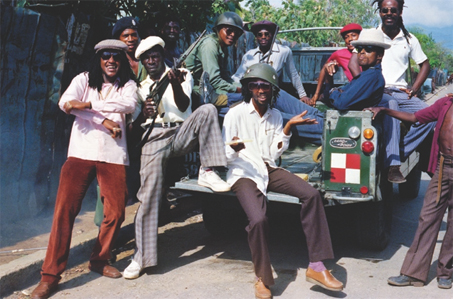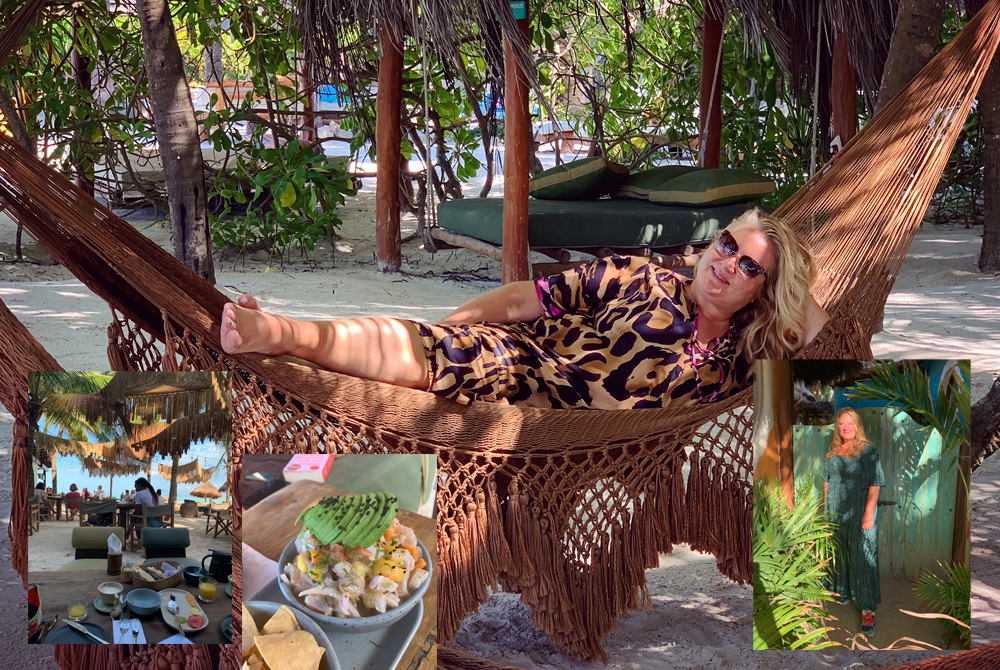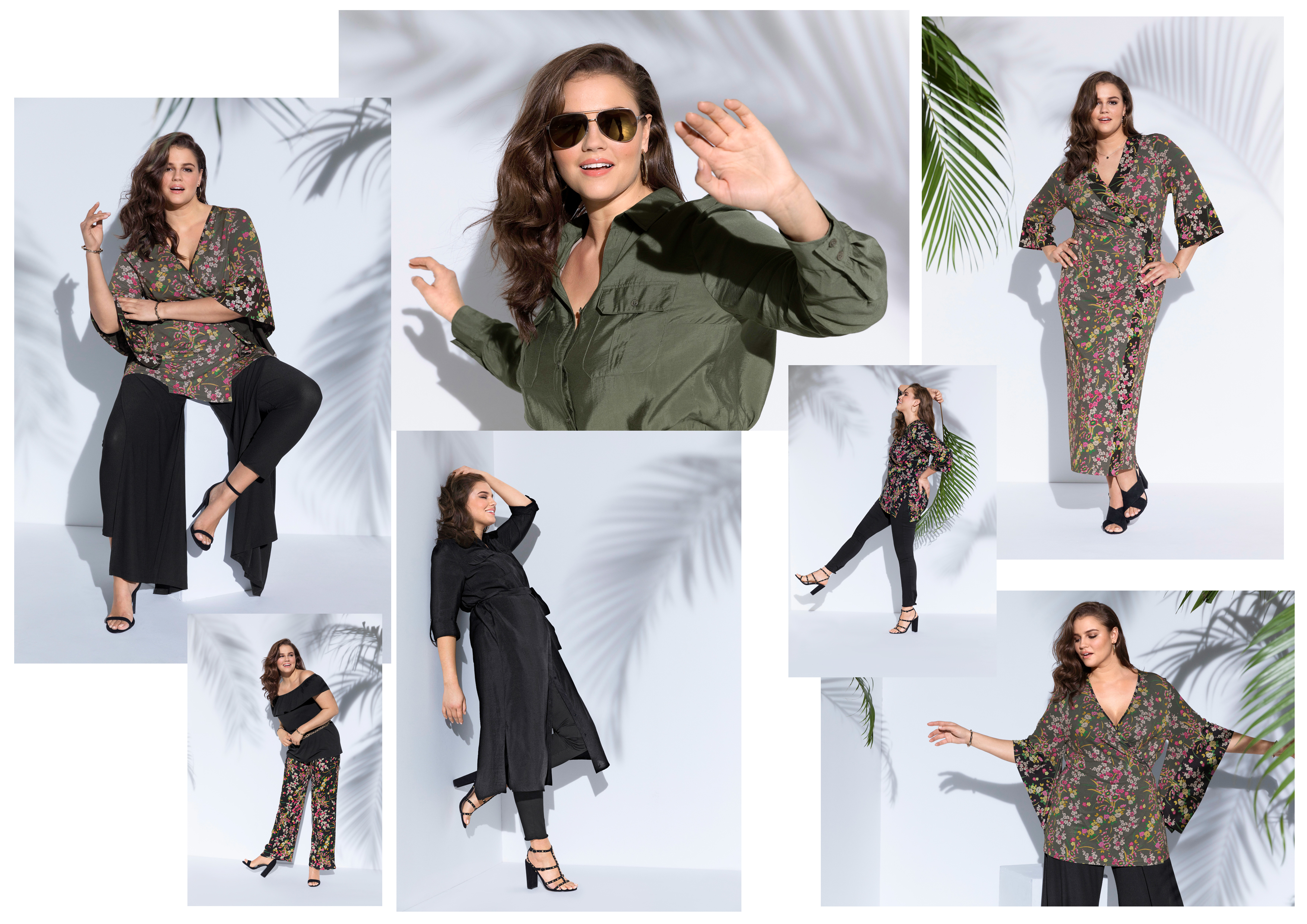Rebel Shoes: Clarks In Jamaica
In his recent book, Clarks in Jamaica, DJ Al Fingers (Al Newman), examines the importance of Clarks shoes to Jamaican rude boy culture and dancehall music both historically and in present day.
Fingers’ study explains how rude boy culture sprouted up among young men in Jamaica during the early 1960s, when the country was still under British rule. Even after Jamaica gained its independence, conditions of high unemployment, overcrowding and general unrest continued. This led to the emergence of the rude boy as large numbers of males in their teens and early 20s became, in the words of historian Garth White, “increasingly disenchanted and alienated from a system which seemed to offer no relief from suffering.” He adds, “Many of the young became rude.” Many of the young, in turn, embraced the term.
Rude boys liked to look sharp and dress expensively. “Clarks was always part of that uniform,” says Fingers. When Clarks desert boots came out, Fingers continues, rude boys adopted them because they were made in England and were an exclusive luxury. “You had to have a pair of desert boots;” he says, “if you had to steal them you stole them. The association became so strong that if the police saw you wearing Clarks back in those days they would assume you were a rude boy and automatically want to arrest you or beat you. Because how else could you afford to wear such expensive English shoes?”
Additionally, Clarks boots were low-maintenance and comfortable. Their crepe soles were considered conveniently silent for sneaking around, adding to the element of criminal chic. Women loved the money and intrigue that Clarks represented. Even today, they are a rude boy badge of success and coolness.
In a recent interview with Esra Gurmen of Vice magazine, Al Fingers also shed light on how Jamaican dancehall music has paid homage to Clarks over the years. Dancehall was the rude boy music of choice and, as it evolved, it began to separate from roots reggae and Rasta ideals in connection with the country’s post-independence economic downturn. Fingers cites John Dillinger’s 1976 tune “CB200” as the earliest song referencing Clarks that he could find. “It’s about a Rasta driving around Kingston on his Honda CB200, getting various things from different parts of town,” says Fingers, including new Clarks from the popular rude boy shop Baracatt’s in downtown Kingston.
Other Clarks-related songs include “Clarks Shoe Shank” by Trinity, “Wa Do Dem” by Eek-A-Mouse, “Clarks Booty” by Little John, “Put On Me Clarks” by Scorcher and Ranking Joe’s “Clarks Booty Style”. More recently, the shoes get a big up from Vybz Kartel in “Clarks”.
Full of amazing photos, interviews and extensive research, Clarks in Jamaica is a fascinating study of how one particular item of clothing can impact culture on so many levels.














